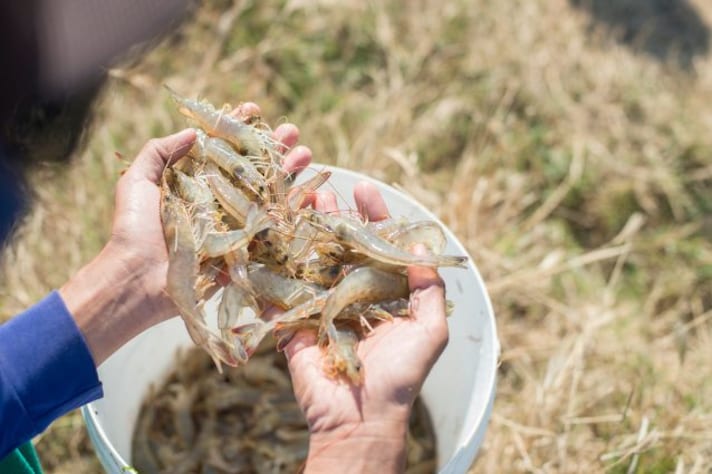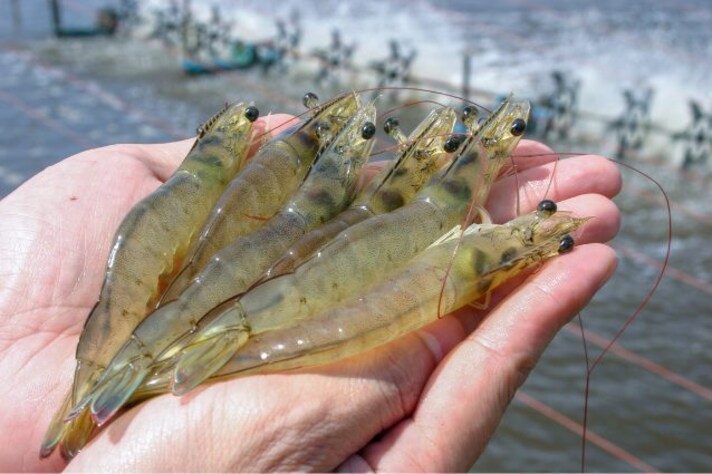Here’s The Reasons Why You Should Never Eat Farm Raised Shrimps
Farm-raised shrimp can pose health risks due to antibiotics and chemicals used to manage diseases and enhance appearance. Environmental impacts include habitat destruction and water pollution. Opting for wild-caught shrimp or responsibly farmed alternatives can be healthier and more sustainable.

Shrimp is one of the most popular seafood choices around the world, known for its versatility in dishes from stir-fries to salads. However, not all shrimp are created equal, and there's a growing concern about the impact of farm-raised shrimp, both on health and the environment. Here's what you should know about farm-raised shrimp and why you might want to think twice before choosing them at the supermarket.
Are Farm-Raised Shrimps Bad for Us?
Farm-raised shrimp often come from aquaculture settings where conditions can be less than ideal for both shrimp and human health. One of the main concerns is the high density in which these shrimp are farmed. Overcrowded conditions can lead to faster spread of diseases among the shrimp population, which might result in increased use of antibiotics to keep them healthy. The presence of antibiotic residues in shrimp can contribute to antibiotic resistance in humans, a serious public health concern.

Moreover, the diet of farm-raised shrimp can also differ significantly from that of wild shrimp, affecting their nutritional value. Farm-raised shrimp are often fed with a high-protein diet that may include everything from fish meal and plant proteins to chemical additives designed to speed growth or enhance color. This can lead to a final product with a different nutritional profile than what you might expect from wild-caught shrimp.
What Are the Negative Effects of Shrimp Farming?
Environmental impact is a significant concern with shrimp farming. The creation of shrimp ponds often leads to the destruction of vital coastal ecosystems, such as mangroves. These mangroves are crucial for carbon sequestration, protecting against erosion, and supporting a diverse array of wildlife.
Additionally, the effluents discharged from shrimp ponds can contain nutrients, antibiotics, and other chemicals that pollute surrounding waters. This pollution can lead to algal blooms, which deplete oxygen in the water and lead to dead zones where few aquatic organisms can survive. The loss of biodiversity in such areas is often irreversible and can affect local fisheries and livelihoods dependent on a healthy marine ecosystem.

Are There Chemicals in Farm-Raised Shrimp?
Yes, chemicals are frequently used in the farming of shrimp. Besides antibiotics, farm-raised shrimp can be exposed to pesticides and disinfectants used to control diseases and parasites in ponds. Some farms also use chemicals to clean the shrimp before packaging, which can remain as residues on the shrimp itself.
Moreover, to make farm-raised shrimp more appealing, some producers treat the shrimp with substances that help retain moisture and improve the color of the shrimp. Such practices, while enhancing the visual appeal and weight of the shrimp, can introduce unwanted chemicals into your diet.
;Resize,width=767;)
;Resize,width=712;)


